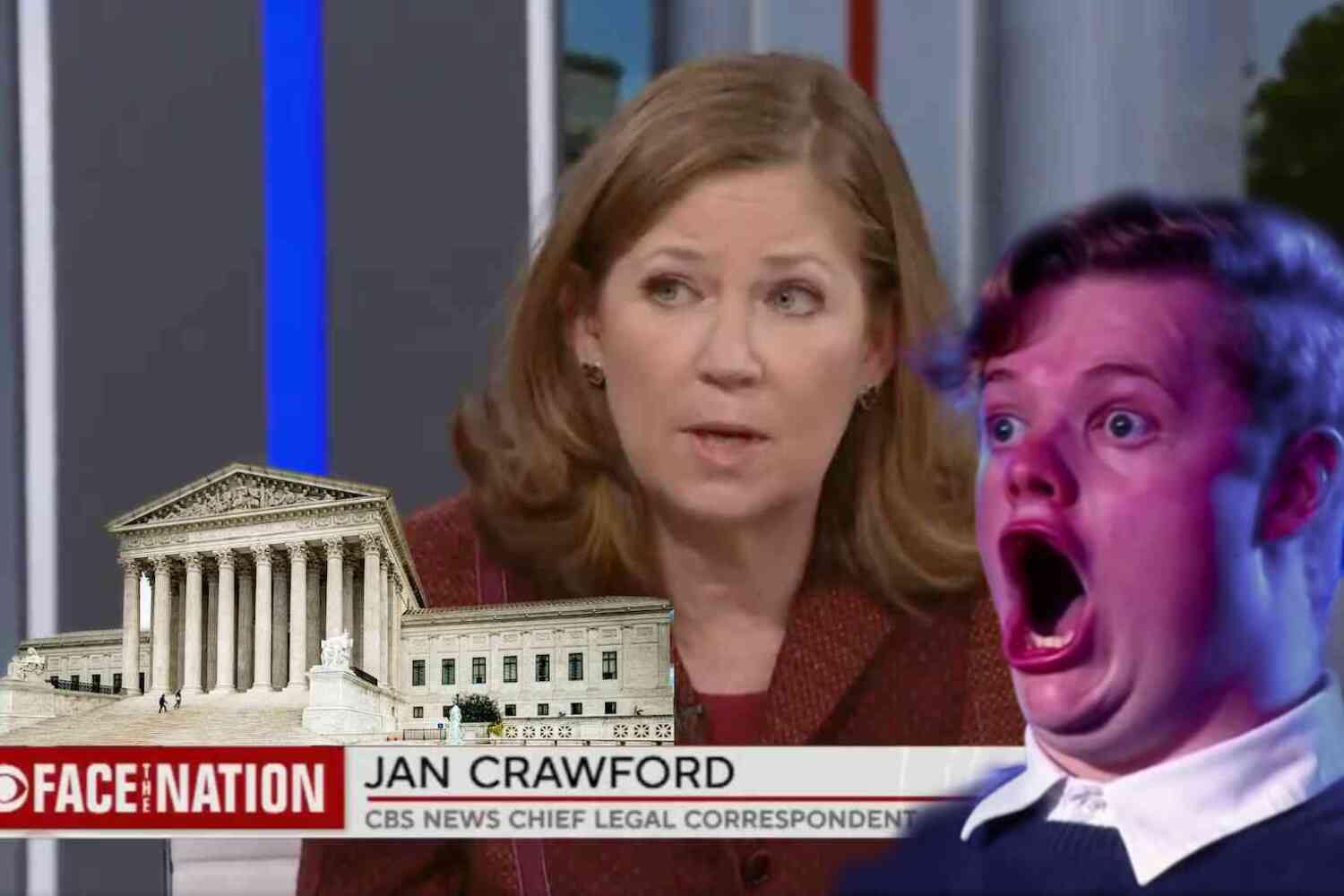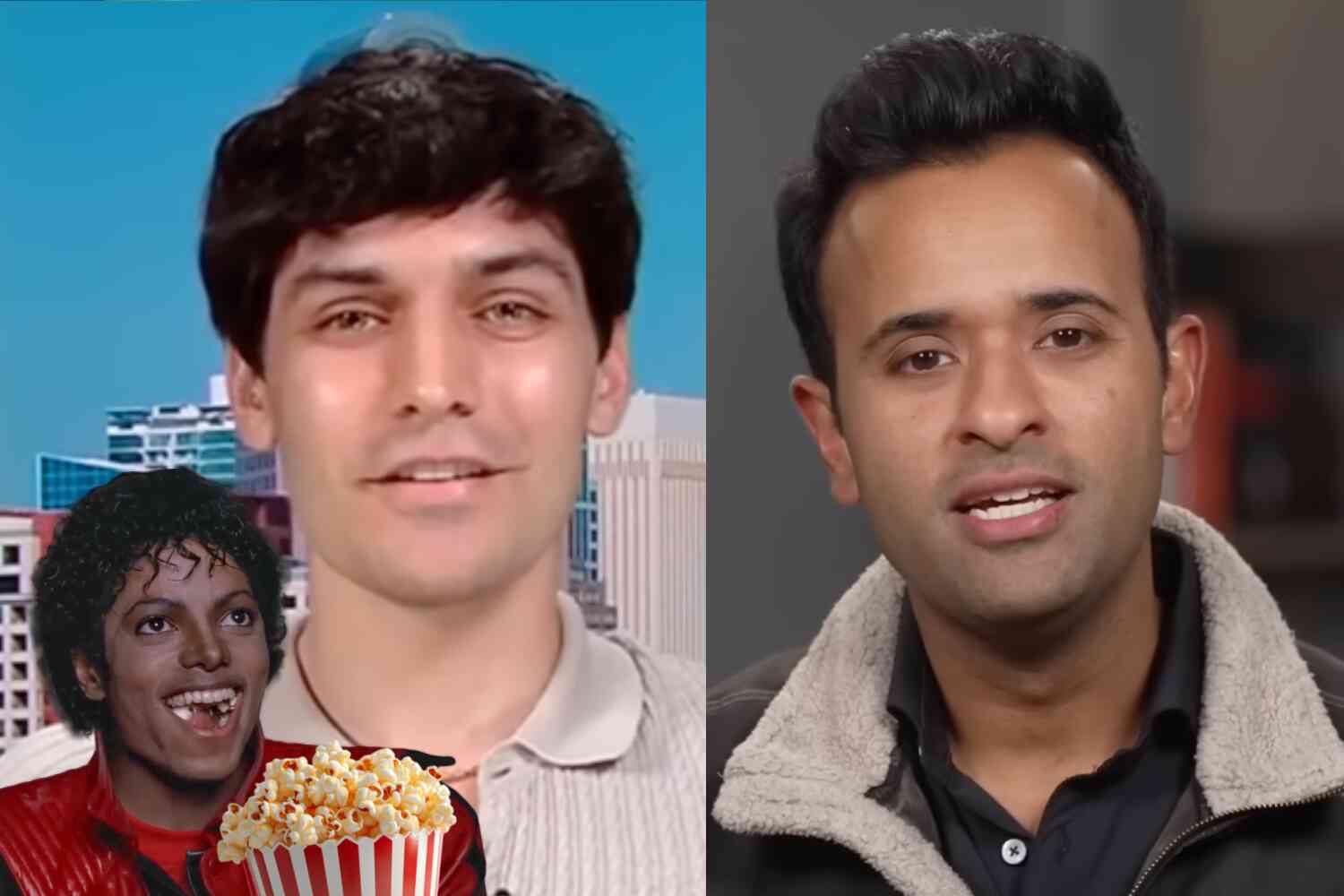Consistency is more challenging a virtue than many of us would care to admit. To be clear, I put myself at the front of that list.
My relative inability to make up my mind on the issue of boycotts, for instance, has embarrassed me on more than one occasion. Historically, you could largely sum up my perspective on the issue this way: if the boycott is to pressure a company into promoting something I like, I'm for them. I call them an essential weapon in the arsenal of any civic-minded patriot. But if the boycott is to pressure a company into promoting something I dislike, I'm completely against them. I call them a form of economic terrorism.
Needless to say, I've had to come to grips with that overtly hypocritical stance and try to pick which horse I'm going to ride on the issue. We all have those kinds of moments and therefore owe a bit of grace when we come across the shortcoming in others.
That said, I think those of us wearing the name of Jesus have a duty to live consistently, exhibiting an ethical clarity and moral certainty that the world lacks. After all, we have a fixed point of reference to turn to as we seek to calibrate our philosophical compass and live not by lies.
That's why as the debate on so-called critical race theory heats up in the culture, those believers who engage it simply must commit to embracing an analytical footing more grounded than, "If I agree with the speaker, then he's qualified to speak; if I don't agree with the speaker, he's a buffoon." In other words, they must do better than what Dr. Anthony Bradley, author and professor of religion, theology, and ethics at the King's College in New York City, offered up recently.
After a lengthy post by Cato Institute's Paul Matzko which was ostensibly intended to "explain" the "white evangelical backlash against critical race theory," Bradley joined Matzko in bizarrely attacking a scientist named Neil Shenvi for daring to speak to the topic. After Matzko scoffed that evangelical seminaries would entertain the views of a "homeschooling physicist and self-educated expert on race," Bradley jumped in.
So wait a minute, who exactly are the people we can listen to on the topic of critical race theory? Is Shenvi disqualified because he lacks the proper credentials? What are the proper credentials? Do you have to have a degree from a university that relates to race relations in order to have a reasoned view on the topic? And is that any university or only specific ones? If the latter, then which ones? And who gets to decide all this?
Of course, if that's the case, why should anyone be reading Dr. Paul Matzko's take on evangelicalism? Given that his degree is in history and is not a Masters of Divinity, why should any self-respecting thinker bother to read his obviously uninformed take?
Or is it possible that it might be better practice to engage ideas on their merits rather than employing the genetic fallacy or ad hominem fallacy to avoid them?
Besides, it doesn't take much research into the man to find that Shenvi's passion for the subject matter has led to him being widely read in the field. Not to mention he has an academic background and publishes regularly with a partner who boasts a PhD in cultural studies. Shenvi is far from the local gas station attendant who once worked with a black guy and therefore has thoughts on the issue.
Nevertheless, Dr. Bradley found the physicist not credentialed enough - that is, not "academic" enough - to be worthy of engagement. That would be the same Dr. Bradley that in the same thread remarked to Matzko:
So, Dr. Bradley believes that academics like him should only engage other academics with credentials. Dr. Bradley also believes that academics aren't worth engaging because their credentials aren't legitimate. This is kind of the same principle as evolutionary scientists who control peer-reviewed journals refusing to publish any scientist who doesn't promote Darwinism. They then scoff at "creation scientists" as not being real scientists since they aren't peer-reviewed.
Dr. Bradley needs to just be honest – it isn't the credentials, the degrees, or the schools that matter to him when it comes to who should be heard on the topic of critical race theory.
It's whether or not you agree with him.
The kind of logical inconsistency and lack of self-awareness exhibited here by Bradley does not pass the smell test. He should hold himself to higher standards, especially on such an important topic.
The fact that he does not might be an indicator of the strength of his arguments.
Disclaimer: The opinions expressed in this article are those of the author and do not necessarily reflect the opinions of Not the Bee or any of its affiliates.









